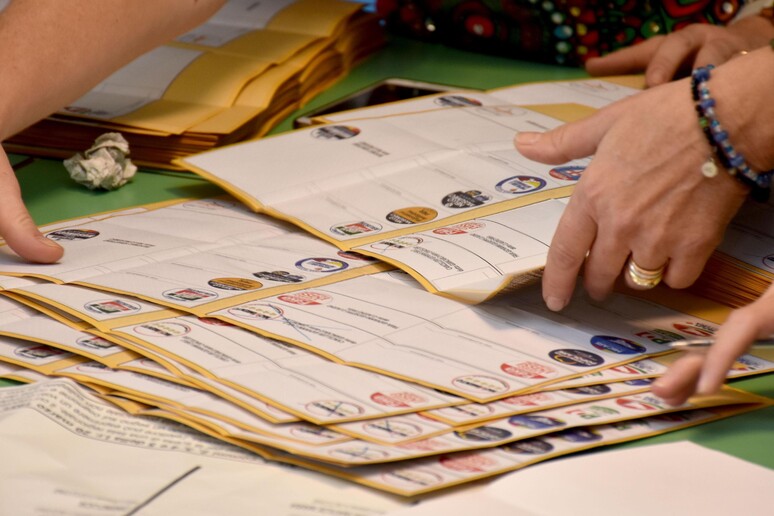The election law that will be used when Italy goes to the polls on March 4 is a mix of the proportional representation and first-past-the-post systems.
It is a controversial law that was passed in parliament late in 2017 with the help of confidence votes to overcome stiff resistance from several groups, including the anti-establishment 5-Star Movement (M5S).
It was the fruit of an agreement between the ruling centre-left Democratic Party (PD), Silvio Berlusconi's centre-right Forza Italia, and their allies in the rightwing, Euroskeptic Northern League. It was widely deemed necessary to bring in a new law because the systems for the Senate and the Lower House were different as a result of a parts of a previous system being declared unconstitutional and ex-premier and PD leader Matteo Renzi's overhaul of Italy's political machinery being rejected in the December 2016 Constitutional referendum. But attempts to push through a bill that all the main parties could agree on, including the M5S, fell through. According to the Rosatellum 2 law, nicknamed after PD Lower House whip Ettore Rosato, 36% of seats are allocated via first-past-the-post - 232 out of 630 in the House and 116 out of 315 in the Senate - with the remaining 64% awarded via proportional representation.
There is a 3% entry bar for individual parties and a 10% one for coalitions.
If a party fails to reach 3%, but is part of a coalition that gets 10% or more, that party's votes are transferred to the biggest group in the coalition.
Voters will be faced with a single ballot slip with the names of the candidates for the single-member constituencies - elected via first-past-the-post - linked to the symbols of lists for the proportional part and the relative candidates.
Unlike the never-used Italicum system that was passed in 2015, the Rosatellum does not have a system for awarding bonus seats to the party or coalition that comes first to ensure it has a working majority in parliament. Indeed, many fear that the new system will fail to produce a clear winner.
Some experts have calculated that a party or coalition will need to get 40-42% of the vote to win the election, although much depends on how the battles go in the winner-takes-all seats.
Italians resident abroad will elect six Senators and 12 Lower House MPs, although the candidates they elect do not necessarily have to be living overseas.
The Rosatellum also has a equality clause that means neither sex can have more than 60% of the candidates on any party list or more than 60% of a party's first-elected list heads.
ALL RIGHTS RESERVED © Copyright ANSA











